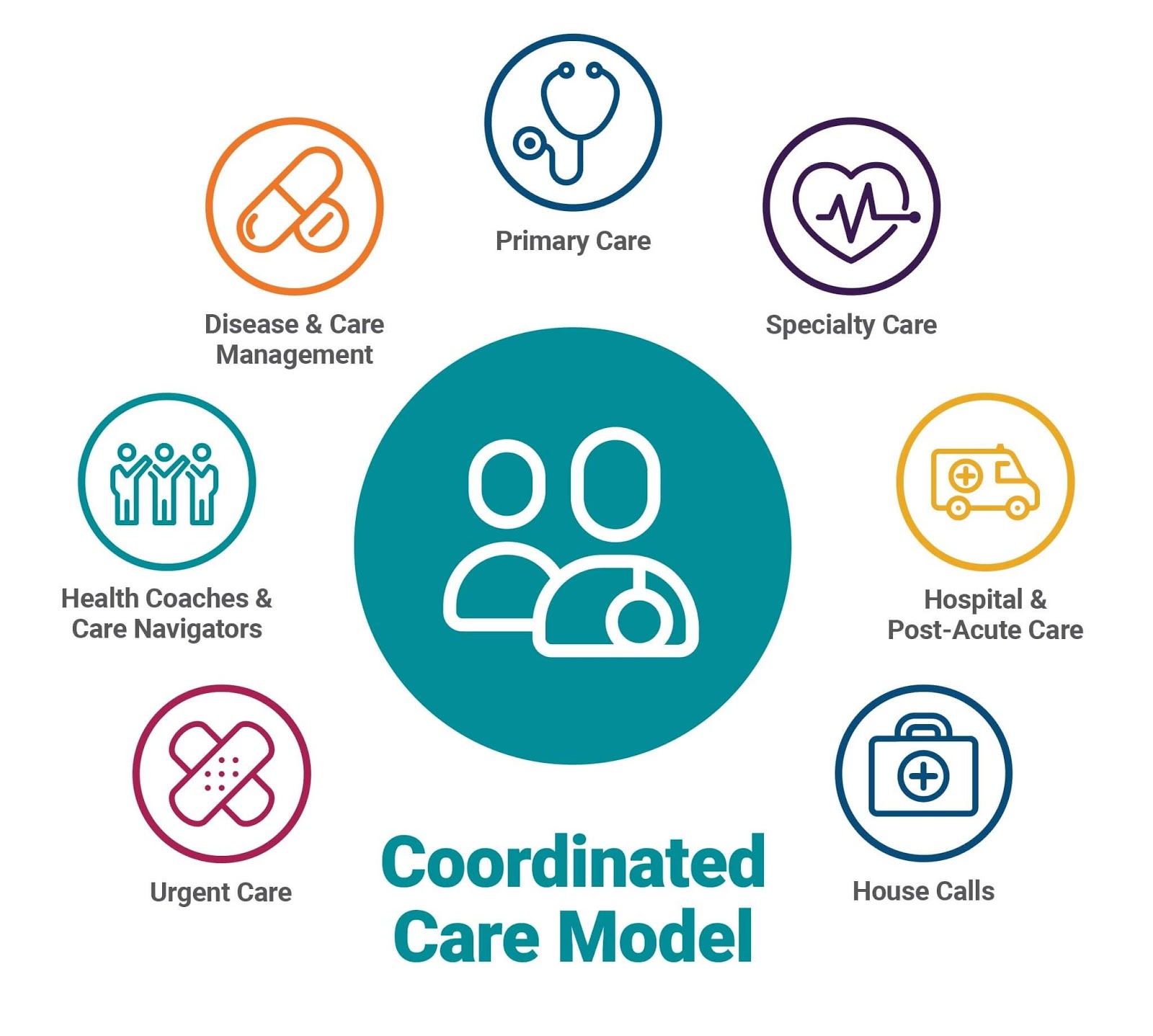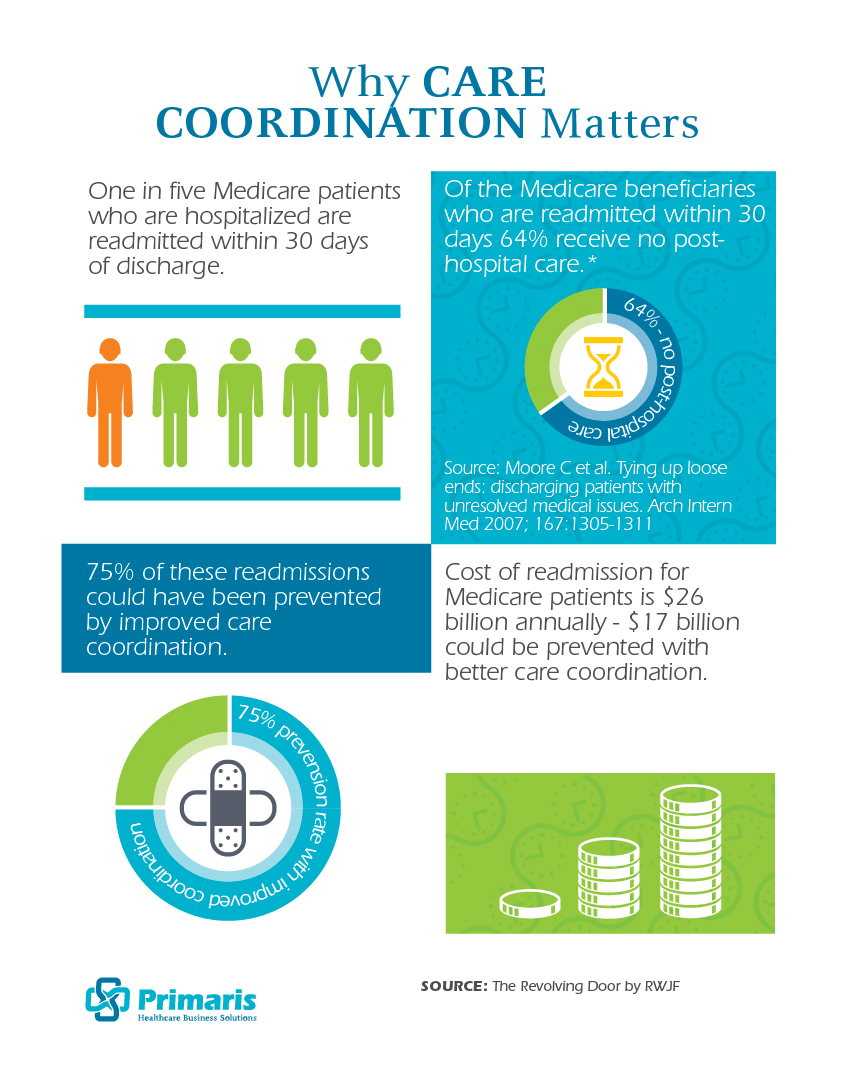Benifits Of Healthcare Insurance And Managing Healthcare Presentation
| Introduction | ||
|---|---|---|
| Healthcare insurance provides financial protection against unexpected medical expenses. Managing healthcare ensures timely access to quality healthcare services. Both healthcare insurance and healthcare management contribute to overall well-being. | ||
| 1 | ||
| Benefits of Healthcare Insurance | ||
|---|---|---|
| Provides coverage for preventive care services such as vaccinations and screenings, promoting early detection and prevention of diseases. Offers access to a wide network of healthcare providers, ensuring options for specialized care and second opinions. Reduces out-of-pocket expenses by covering a portion of medical costs, including hospital stays, surgeries, and prescription medications. | ||
| 2 | ||
| Benefits of Managing Healthcare | ||
|---|---|---|
| Enables coordination of care among multiple healthcare providers, ensuring seamless and efficient healthcare delivery. Facilitates the tracking of medical records, test results, and treatment plans, promoting continuity of care. Empowers individuals to make informed decisions about their healthcare, leading to better health outcomes. | ||
| 3 | ||
| Financial Benefits of Healthcare Insurance | ||
|---|---|---|
| Provides protection against high medical bills, preventing individuals from facing financial hardship or bankruptcy. Offers negotiated rates with healthcare providers, resulting in discounted fees for medical services. Allows for predictable monthly premium payments, making budgeting for healthcare expenses more manageable. | ||
| 4 | ||
| Health Benefits of Healthcare Insurance | ||
|---|---|---|
| Encourages regular check-ups and preventive care, leading to early detection and treatment of health conditions. Supports access to necessary medications, improving medication adherence and overall health outcomes. Provides coverage for specialized treatments and procedures, ensuring access to advanced medical care. | ||
| 5 | ||
| Benefits of Managing Chronic Conditions | ||
|---|---|---|
| Facilitates regular monitoring and management of chronic conditions, reducing the risk of complications. Supports personalized care plans and treatment options, taking into account individual needs and preferences. Promotes self-management and empowerment, enabling individuals to better control their health and well-being. | ||
| 6 | ||
| Benefits for Employers | ||
|---|---|---|
| Attracts and retains top talent by offering comprehensive healthcare benefits. Increases employee productivity and reduces absenteeism by ensuring access to timely healthcare services. Manages healthcare costs through negotiated rates and preventive care, leading to lower overall healthcare spending. | ||
| 7 | ||
| Benefits for Healthcare Providers | ||
|---|---|---|
| Streamlines communication and coordination with other healthcare providers, enhancing the quality of care. Reduces administrative burden through efficient management of medical records and claims processing. Ensures timely reimbursement for services rendered, improving financial stability for healthcare providers. | ||
| 8 | ||
| Conclusion | ||
|---|---|---|
| Healthcare insurance and managing healthcare provide numerous benefits for individuals, employers, and healthcare providers. Access to healthcare services, financial protection, and improved health outcomes are some of the key advantages. Prioritizing healthcare insurance and effective healthcare management leads to a healthier and more resilient population. | ||
| 9 | ||








